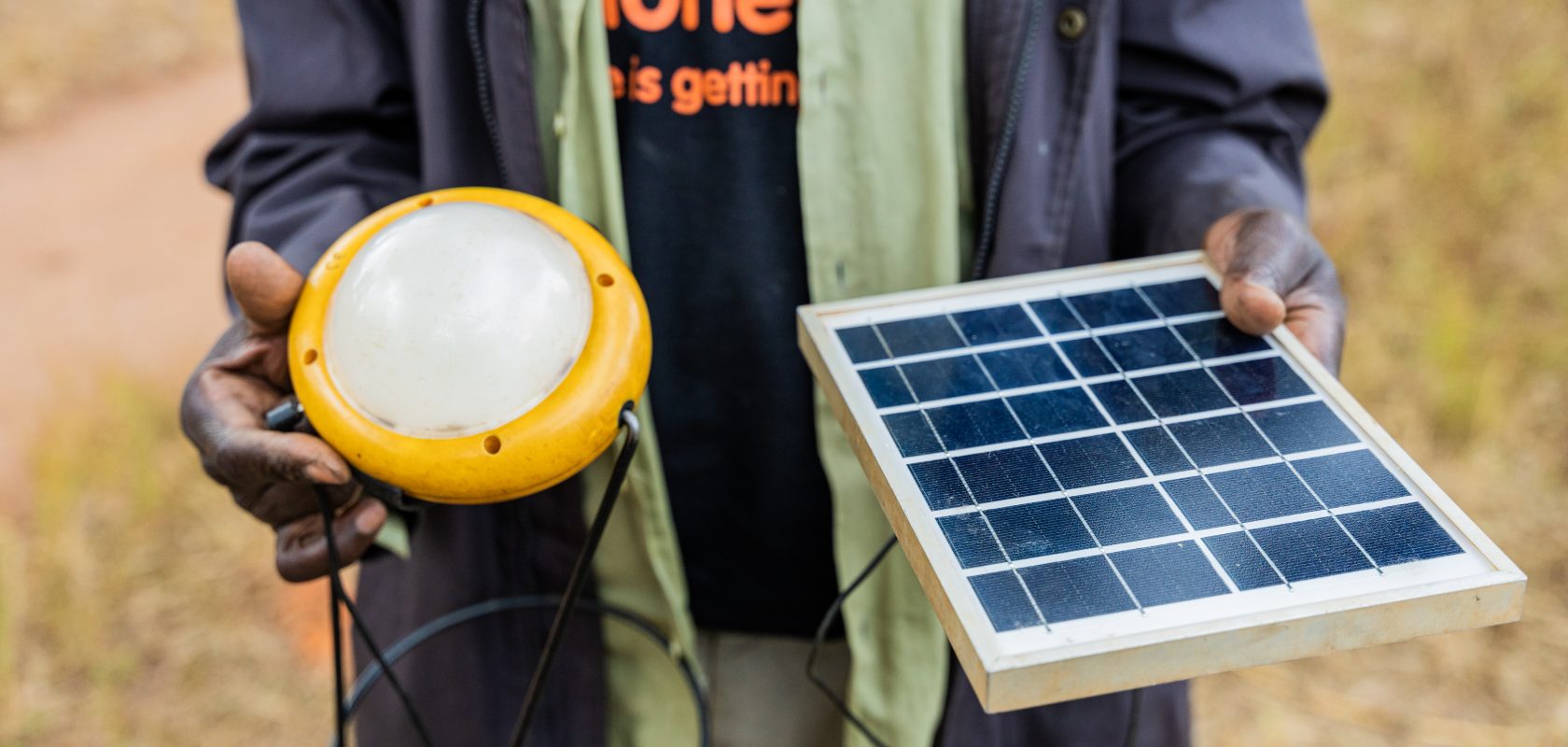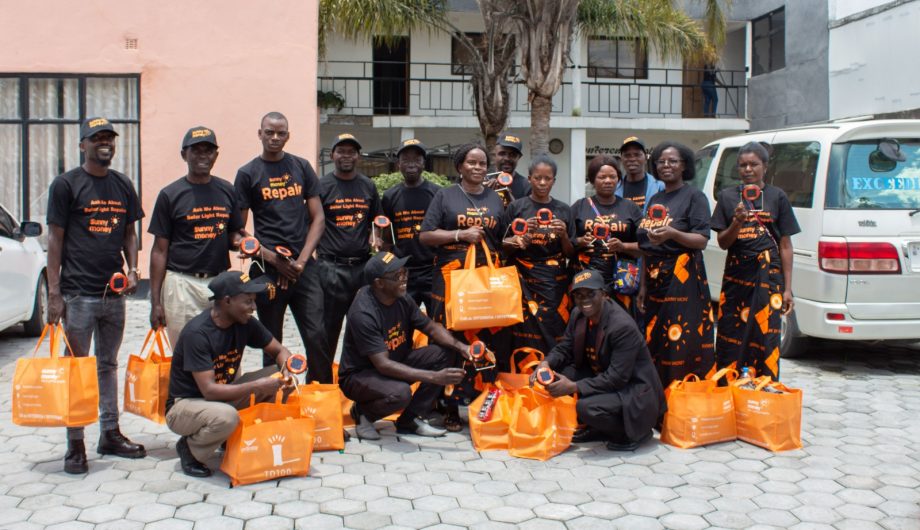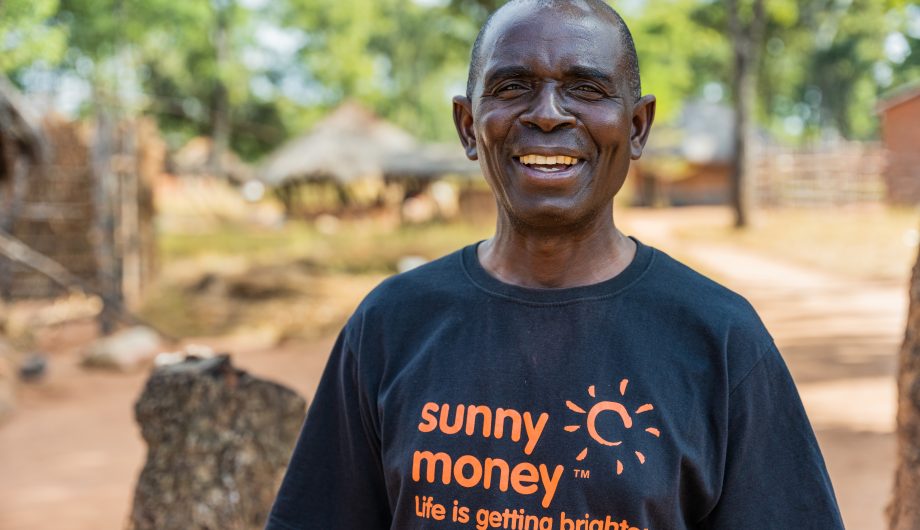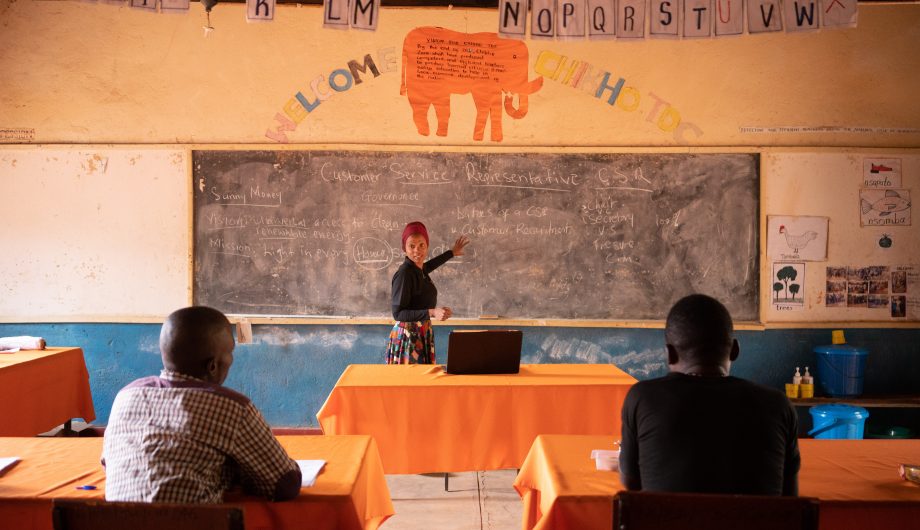Access to reliable and affordable energy is a fundamental necessity for socio-economic development. With a significant portion of the global population still lacking access to electricity, especially in the global south, millions are being left behind the rapid development we are seeing in other parts of the world.
Latest statistics from the Energy Progress Report 2022 published by the United Nations suggest that 600 million people in Africa alone still do not have access to electricity, with a substantial number facing challenges in terms of access to clean and safe lighting. People in rural communities across sub-Saharan Africa are still relying on hazardous and inefficient lighting sources, as they also lack access to the solar market available in urban areas.
However, there is optimism about bridging this gap. Among the several solutions being explored is that of access to financing, which can play a crucial role in delivering energy access in remote, off-grid communities. By harnessing the power of renewable energy sources like solar and providing access to clean and safe lighting, sustainable financing mechanisms can facilitate entrepreneurs’ access to stock and enable communities to embrace a sustainable and brighter future, without the burden of excessive debt.

Penny Mupeta, a solar entrepreneur in Zambia, demonstrating solar lights to a customer. Photo: SolarAid/Jason J Mulikita.
Development charities have long explored how to best work as credit facilities, allowing for low income, off-grid communities to access the financial mechanisms needed to kickstart a business without creating a debt burden situation. To prevent excessive debt burdens, charities often offer low-interest loans, flexible repayment terms, and extended grace periods. By tailoring the repayment structure to match the income generation capabilities of the borrowers, credit facilities can ensure that the financial burden remains manageable, thus avoiding the risk of overwhelming debt.
SolarAid in Zambia, through its social enterprise SunnyMoney, has created a zero-interest credit facility; a model aimed at supporting local solar entrepreneurs to access stock and deliver last mile distribution.
The zero-interest credit facility allows the entrepreneurs to have enough stock to sustain the business and agree on a flexible payment plan, depending on how they make their returns as they continue to provide clean, safe solar light to people in their communities.
SolarAid Zambia Operations Director Karla Kanyanga notes that this model is a win for both the solar entrepreneur and the consumer, as it gives them enough time of 3-6 months, so they can also sell on credit and still rework their payment plan depending on their situation.

Solar Entrepreneurs usually travel long distances to reach their customers in the most rural areas of Zambia. Photo: SolarAid/Jason J Mulikita.
“For us as a social enterprise, we are doing it because we care about the customer as well as our agents… we want them to thrive and become sustainable. I really think it’s important for development organisations and credit facility organisations to understand the limitations of people paying back with high interest rates; it’s not sustainable.”
One of the solar entrepreneurs Mengezi N’cube, who lives with his family in Chongwe, Kampekete area which is about 46 km from the capital Lusaka, shares how this credit facility works for him.
“Before becoming an agent in November 2022, I worked with SunnyMoney staff from 2021 to April 2022, under the schools’ program at my school (Kampekete Primary), where I was a volunteer preschool teacher at the time. It was from there that I got interested in and loved the solar lights.”
Having had the product knowledge, Mengezi decided to become an agent in a quest to reach and help more people with clean, safe light in his area.

Solar Entrepreneur Mengezi N’cube at the SunnyMoney Zambia office in Lusaka. Photo: SolarAid/Thomas Nyangulu Jr.
“Becoming a consistent agent not only gives me an opportunity to sustain my business through the credit facility under SunnyMoney’s agent program, but also the honour of being able to make a positive change in my community… more people can now access clean, safe lighting as opposed to candles, kerosene and the regular spending of money to replace torch batteries.”
For Mengezi, the credit facility is an opportunity for growth and gives him adequate time to pay back, thereby ensuring the continued success of the program with other solar entrepreneurs.
Credit facilities like these have the potential to revolutionise the adoption of renewable energy sources like solar power in rural communities, and thus ensure sustainable development.
Additionally, by prioritising affordable financing options, collaborating with local stakeholders, investing in education, capacity building, and implementing robust monitoring and evaluation systems, credit facilities can ensure that the loans do not burden poor communities with excessive debt.
As we strive to increase energy access in marginalised communities, embracing zero-interest credit facilities as a solution, brings us several steps closer to a future where everyone has access to clean, reliable, and affordable energy.
_________________________________________________________________________________________________
Want to receive more news like this? Join our community for sunshine straight to your inbox.



